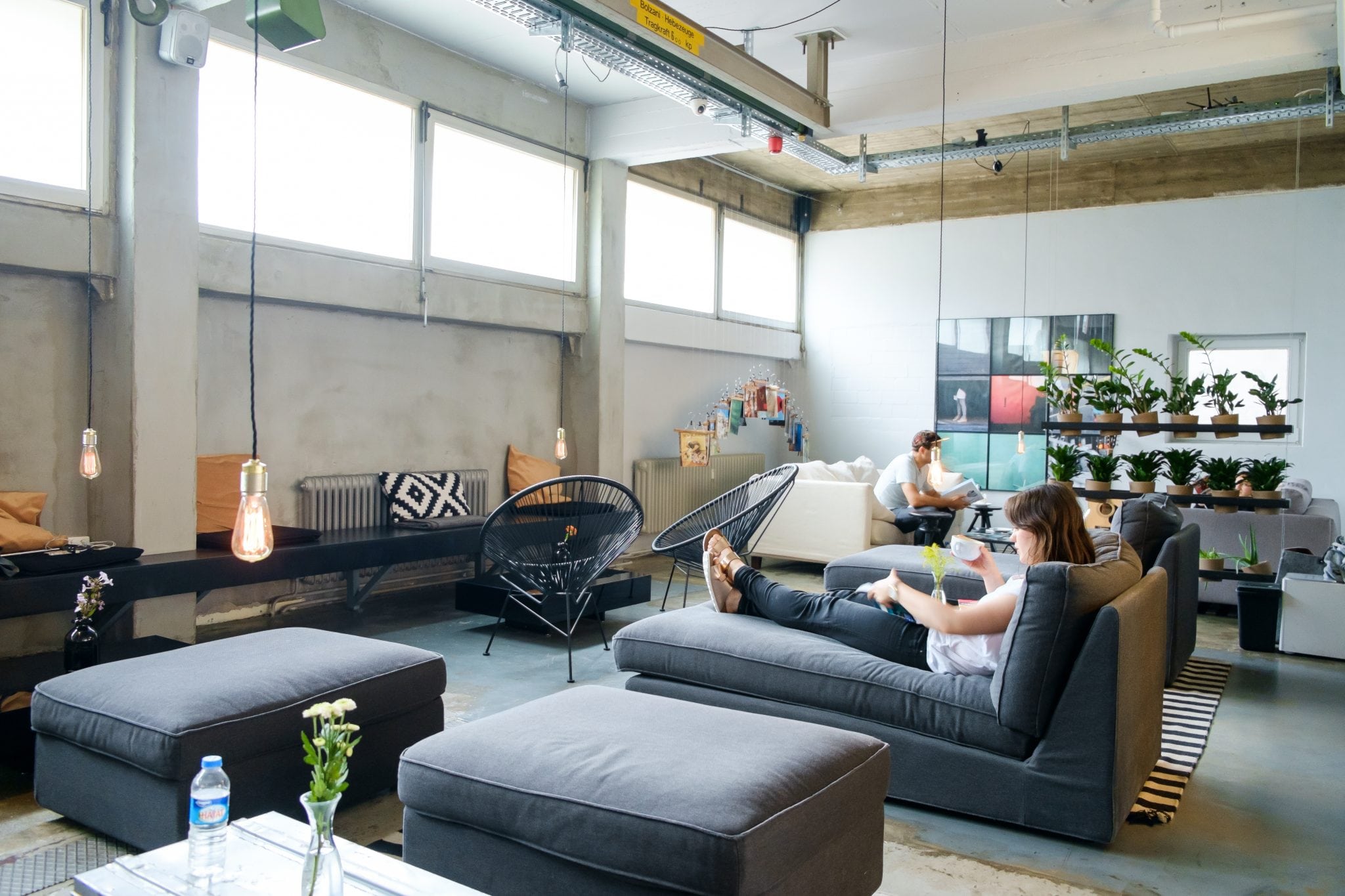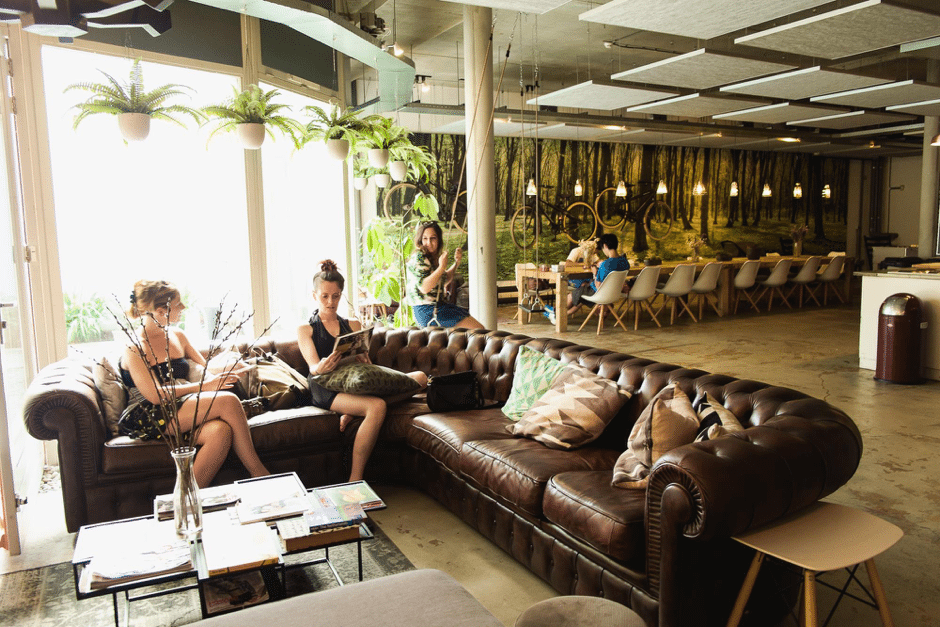Skift Take
Social travel is a trend on the rise and hostels are at the helm of the movement. Today that tribe is growing with reports showing that 35% of millennials are choosing a hostel based on the opportunity to meet other travelers.
This sponsored content was created in collaboration with a Skift partner.
There’s been a lot of buzz about social travel lately, as people around the world seek to engage with new cultures and meet new people. It’s a trend that’s on the rise, with hostels at the helm of the movement, but the truth is that social travel is not a new concept. Far from it. There has always been a tribe of wanderlust travelers seeking out social experiences at every turn. Today, that tribe is growing.

Soul Kitchen Hostel in St Petersberg
The first hostel industry report from Phocuswright, commissioned by Hostelworld in 2016, unveiled that when it comes to travel 35 percent of millennials are choosing a hostel based on the opportunity to meet other travelers, and a further 29 percent for the fun and social environment that they provide. With hostel travelers declaring that they ‘plan to travel as much of the world as possible’ in their lifetime, we can see this passionate need to travel in an unfiltered and social way is set to continue. Furthermore, the report revealed that the hostel industry is projected to keep growing at 7- 8 percent per year, highlighting huge opportunities for continued growth worldwide to accommodate this growing trend.
The growth of the shared economy goes way beyond the sharing of real estate through Airbnb or Homeaway, with hostel travelers looking to share real spontaneous travel experiences with other international travelers in a vibrant and social accommodation environment. These passionate travelers are opting for budget accommodation that will plunge them into the heart of these social experiences, something exclusive to hostels through shared dorm rooms, bars, rooftops and chill-out areas all designed to bring people together, and it’s something that players across the industry have started to realize.
Even hotel chains are catching on. Accor, the largest full-service hospitality group in Europe, recently launched a new hostel brand (Jo&Joe Hostels) to attract budget-minded travelers with energetic social spaces and shared rooms. Meanwhile, big name brands like Hilton and Marriott are revamping their hotels to be more like hostels by adding new activated social spaces that encourage a heightened level of experience and engagement.

The Local Hostel in New York
Here’s why social travel is rapidly becoming the standard:
Millennials are Shaking Up Social Norms
Millennials make up over 25 percent of the world’s population and have overtaken Baby Boomers as the largest generation in the U.S. That means Millennials are setting the trends. For them, social travel is a top priority because social engagement, digital connectivity, a thirst for knowledge, and a spirit of adventure come naturally to this crowd. Young travelers have been raised on technology, so they’re accustomed to easily connecting with new people and cultures on the other side of the globe.
A Chance to Meet the Changing World
As Lea Lane points out in a recent Forbes column, there’s a new sense of urgency to explore parts of the world that are rapidly changing. Travelers are interested in experiencing the authentic, untainted reality. Hostelworld data shows that places including Kyrgyzstan, Myanmar and Madagascar in the top 10 emerging destinations on traveller maps for 2017. There’s a huge craving to explore emerging destinations that people in their online networks haven’t discovered yet. Ultimately, social adventures are winning out over tourist traps as travelers seek to better understand and engage with the world around them.
The Benefits are Boundless
Travelers are catching on to the numerous benefits associated with social experiences in travel. For many, travel has been about “vacationing” — a chance to rest and relax before going back to daily life. But those who yearn to take on new adventures and engage with other cultures come home energized and inspired. These travelers report benefits such as newfound creativity, a better grasp of how other cultures live, new connections, and memorable, once-in-a-lifetime experiences. The list of benefits could go on forever, which is why more and more travelers are trading in “vacation” for “adventure” and “discovery.”
— By Feargal Mooney, CEO, Hostelworld
Have a confidential tip for Skift? Get in touch
Tags: hostel, hostelworld
Photo credit: Ecomama Hostel in Amsterdam

